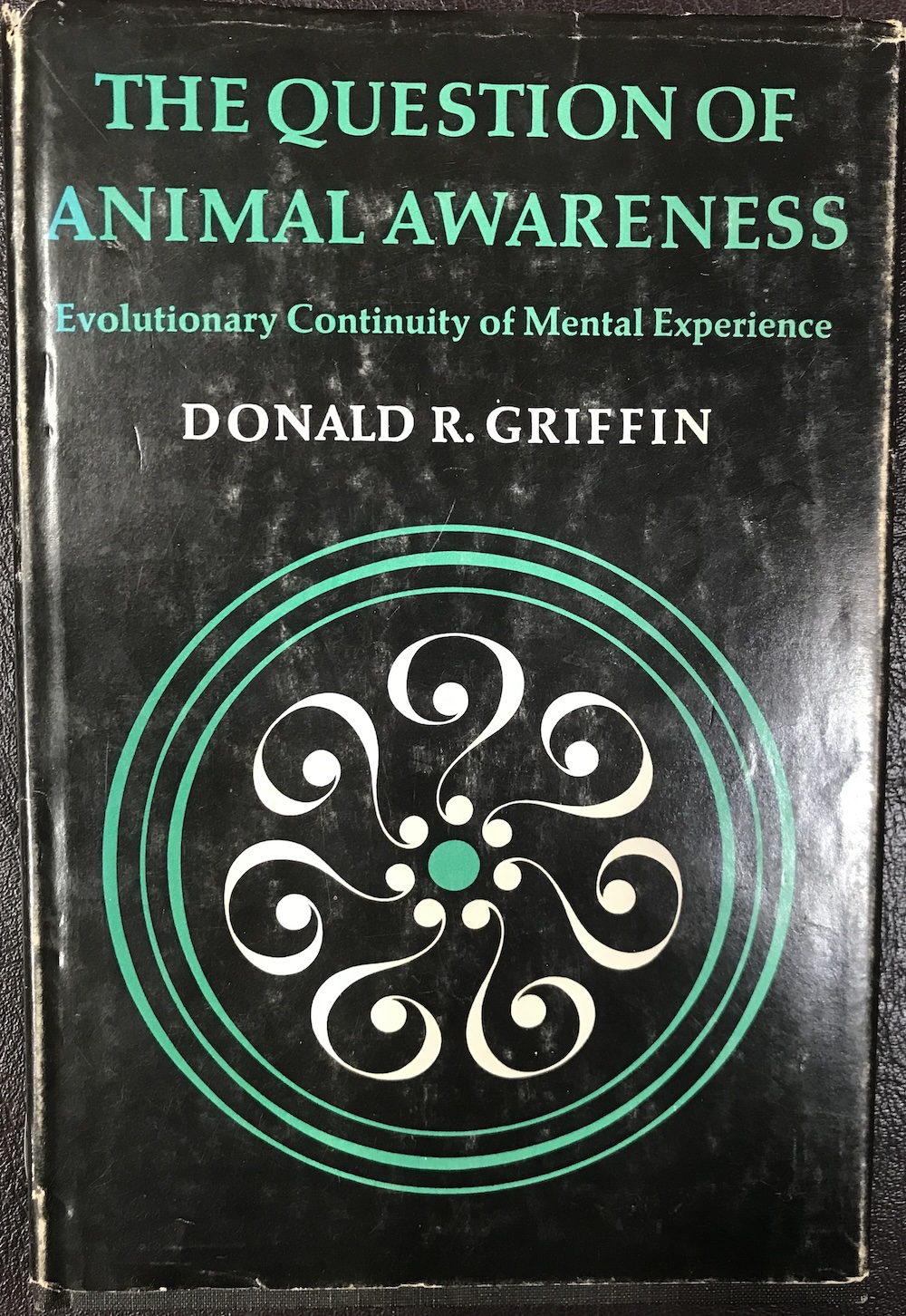The Question of Animal Awareness: Evolutionary Continuity of Mental Experience
By Donald R Griffin
$9.00
The future extension and refinement of two-way communication between ethologists and the animals they study offers the prospect of developing a truly experimental science of cognitive ethology.
Donald Redfield Griffin (August 3, 1915 – November 7, 2003) was an American professor of zoology at various universities who conducted seminal research in animal behaviour, animal navigation, acoustic orientation and sensory biophysics. In 1938, while an undergraduate at Harvard University, he began studying the navigational method of bats, which he identified as animal echolocation in 1944. In The Question of Animal Awareness (1976), he argued that animals are conscious like humans. Griffin was the originator of the concept of mentophobia: the denial of the consciousness of other animals by scientists.
This book is often credited with starting the field of cognitive ethology. At a time when animal thinking was a topic deemed unfit for serious research, Griffin became a pioneer in the field of cognitive ethology, starting research in 1978 that studied how animals think. His observations of the sophisticated abilities of animals to gather food and interact with their environment and each other led him to conclude that animals were conscious, thinking beings, not the mere automatons that had been postulated. In its obituary, The New York Times credited Griffin as “the only reason that animal thinking was given consideration at all”.
While critics argue that cognitive ethology is anthropomorphic and subjective, those in the field have studied the ways that animals form concepts and mental states based on their interactions with their environment, showing how animals base their actions and anticipate the responses of other sentient beings.
He was elected a Fellow of the American Academy of Arts and Sciences in 1952. In 1958 he was awarded the Daniel Giraud Elliot Medal from the National Academy of Sciences. He was a member of the National Academy of Sciences. Griffin was the Director of the Institute for Research in Animal Behaviour, in the 1960s, which was formed as a collaboration between Rockefeller University and the New York Zoological Society (now Wildlife Conservation Society).
In stock





